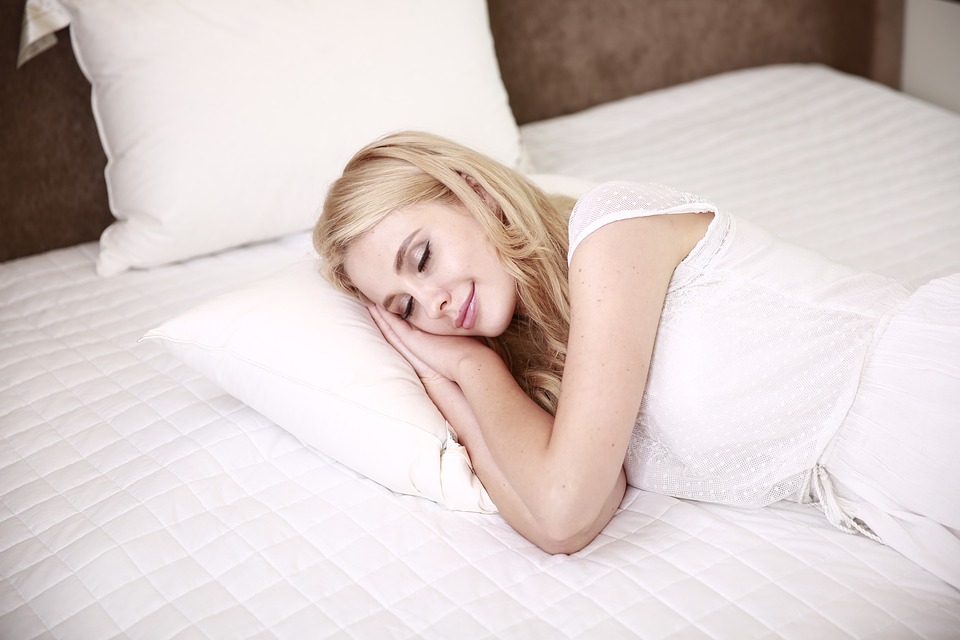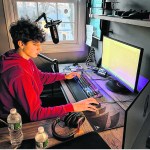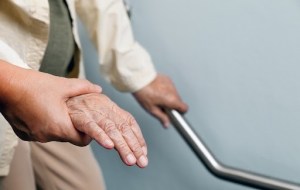Many Americans would agree that the most enjoyable part of their day is the moment their head hits the pillow, when they can recharge their batteries after a long, exhausting day.
But for some, the promise to relieve the stress of a hard day’s work with a good night’s rest is only a dream. A third of adults in the United States get less than the recommended seven to nine hours of sleep per night, according to the Centers for Disease Control. For National Sleep Awareness Month this March, it’s important to recognize the effects of restlessness on the body, and learn what to do to get the most out of your night.
“It’s often hard to turn off the brain from the day’s activities and try to clear the head,” says Dr. David Edelson, internist at HealthBridge Sleep Medicine in Great Neck. “I often recommend people learn to do short meditation periods.”
That’s because stress can interfere with a person’s ability to fall asleep. Some of Dr. Edelson’s patients are advised to use “Headspace,” an app that assists with meditation to help users clear their head and prepare for a restful night’s sleep.
Disruptive sleep can lead to many health risks, such as high blood pressure and heart disease. Losing sleep can be caused by many factors, and anyone can experience sleep disturbance differently. Distractions can also keep a person from falling asleep.
“Proper sleep hygiene is essentially creating a sterile environment for sleep,” says Edelson.
He recommends keeping the room completely dark, noise kept to a minimum, keeping electronic devices powered off, and keeping pets out of the room. Changing old habits may be the simple solution to falling asleep faster. If sleep maintenance or staying asleep is the problem, a sleep disorder may need to be ruled out.
“Sleep apnea is a condition where people actually stop breathing for periods of time, or slow down their breathing to the point where their blood oxygen levels drop,” says Edelson.
Due to recent advancements, testing for sleep disorders has become easier and more comfortable than before, allowing people to stay in the comfort of their own home. Those experiencing loss of sleep should consult a sleep physician to determine the cause and map out their treatment options.



























